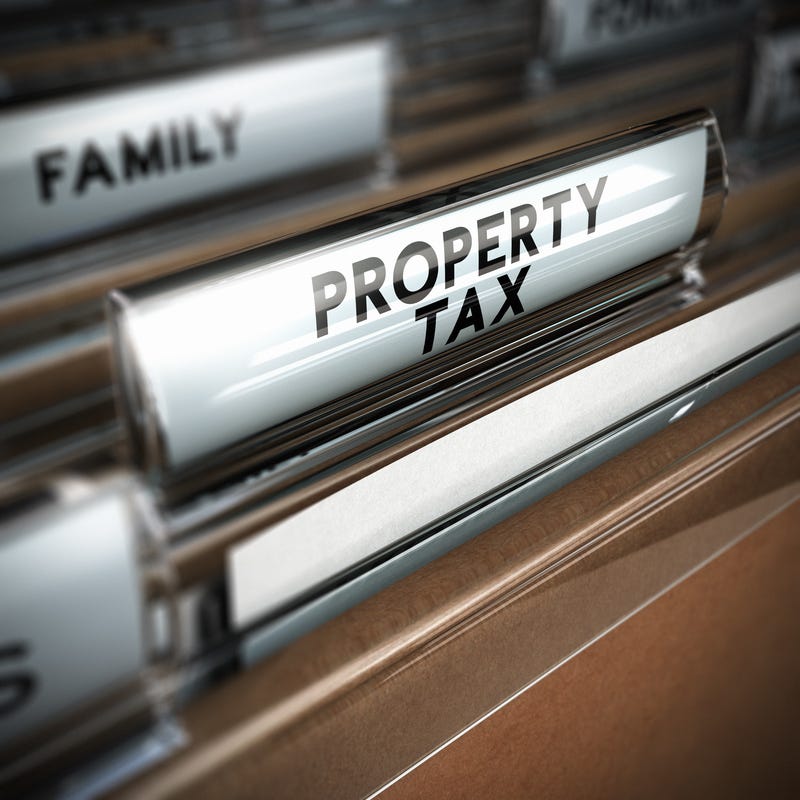
CHICAGO (WBBM NEWSRADIO) -- Lake County, Illinois property owners are getting more time to pay each installment of their property taxes due to impacts of COVID-19.
At its May 12 meeting, the Lake County Board passed several measures in response to the COVID-19 pandemic including the property tax extension, which allows taxpayers to spread their property tax payments over four installments, instead of the usual two installments. If the second half of the payment is made by the second due date, no late fees will be incurred.
"Lake County is working tirelessly to ensure we are utilizing every tool possible to help residents during this pandemic," said Lake County Board Chair Sandy Hart, in a statement. "Our newly established special committee is the next step in providing recovery assistance to our local community."
The Lake County Board also passed a temporary ban on open burning in unincorporated Lake County through June 10. Recreational fires that are no larger than 3’ x 3’ x 3’ used for warming, cooking, and other recreational purposes are not included in this ban.
The board also passed a resolution establishing a special committee focused on supporting residents and businesses with recovery and relief utilizing COVID-19 federal funds.
The committee will provide timely guidance and strategic priorities to the County Administrator for the planning and execution of the federal COVID-19 response funds provided to Lake County under the Coronavirus Aid, Relief and Economic Security (CARES) Act. The special committee’s first meeting will be held virtually on Friday, May 15 and can be viewed online at lakecounty.tv.
The allocation of $2.4 million in federal funds received by the County will go to nonprofit organizations in Lake County providing housing, food and utility assistance. The proposed funding recommendations were designed to support high-capacity, vetted programs able to scale up rapidly and respond quickly to the crisis. United Way of Lake County’s 211 information and referral call service saw a 92 percent increase in call volume in the month of March, driven by an increase in COVID-19 calls. The top five needs identified in COVID-19 calls were: rental assistance, food pantries, electric service payment assistance, homeless shelters and gas service payment assistance.
